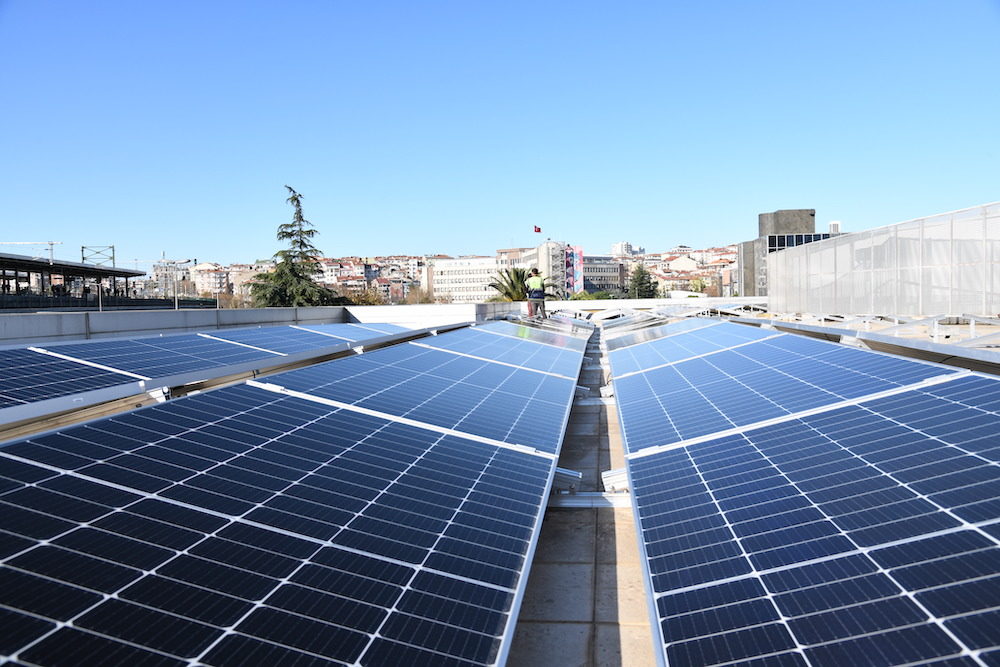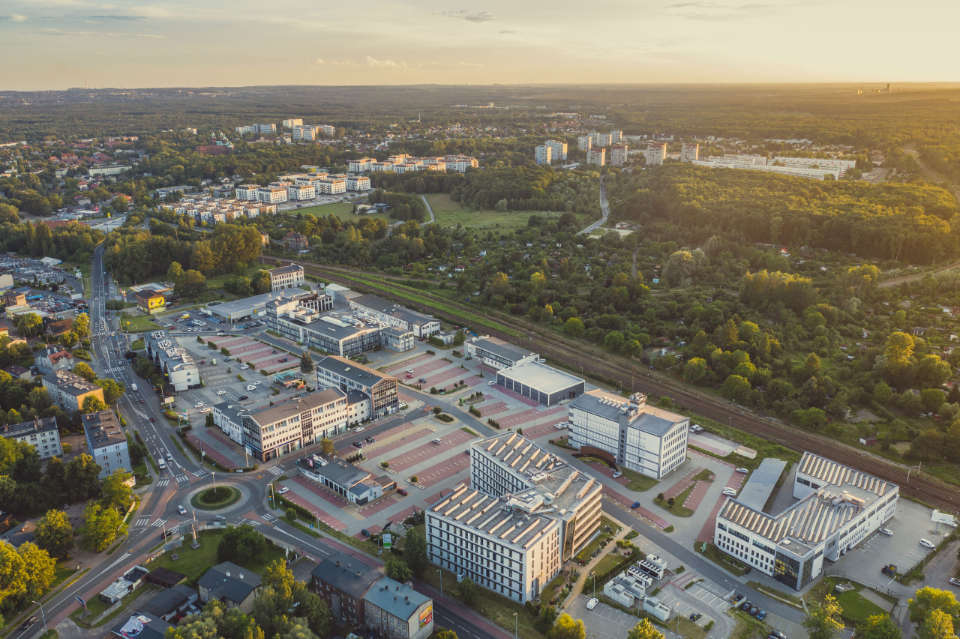Local governments in Europe building resilience through renewable solutions
6 September, 2024
The need for resilient and self-sufficient energy systems has never been more urgent. Our continued reliance on fossil fuels leaves us perpetually vulnerable to price volatility, geopolitical conflicts, and energy crises. These issues, in turn, exacerbate existing social injustices, such as energy poverty and instability.

Yet many national governments are hesitating to take decisive action. Instead of setting ambitious energy targets to harness Europe’s substantial solar and wind potential, they continue to invest in new gas infrastructure, create uncertainty for renewable energy investments through unstable legislation, and neglect to set fossil fuel phase-out dates or develop robust plans for a just transition for workers and communities.
Transitioning to resilient and self-sufficient energy systems is not just a climate issue but a fundamental requirement for economic stability and national security. Fortunately, other ambitious actors have stepped into this space.
Municipalities, the administrative units closest to citizens, are playing a crucial role in transforming Europe’s energy landscape. This transformation is providing opportunities to shield citizens from energy poverty and protect small businesses from rising bills, helping society to build resilience. Our coalition of NGOs working on climate and energy, together with other civil society groups focused on urban spaces and cities, has joined forces with municipalities looking to seize these opportunities but unsure how exactly to start.
Throughout Europe, from the roofs of municipal buildings to stadiums, district markets, and car parks, there are notable success stories that showcase the potential for cities to lead in the energy transition. However, much remains to be done to harness this potential. For instance, Europe harbours immense solar energy potential on its rooftops, with conservative estimates placing it at a minimum of 500 GW of capacity in the EU alone. This is almost equal to the RePowerEU (the EU plan to reduce Europe’s dependence on fossil fuels) solar benchmark of 592 GW capacity by 2030.
Six Practical Steps for Municipalities
To support municipalities in understanding where their efforts and resources can most effectively be applied, partners of the Beyond Fossil Fuels coalition published the “Role of Municipalities in Energy Transition: 6 Benefits, 6 Steps”. This guide outlines how the energy transition is not only a necessary response to global challenges but also a strategic opportunity to enhance the quality of life of communities living in urban areas across Europe. It provides six (reasonably quick) actionable steps that local governments can take, drawing inspiration from various successful European models:
- Prioritise Energy Transition: Integrate renewable energy and energy efficiency goals into municipal action plans, mirroring successful models like Barcelona’s Climate Action Plan which focuses on climate justice and reducing inequalities.
- Be a Hub for Energy Solutions: Establish Energy Solution Desks to guide and assist residents and local businesses in transitioning to renewable energy, similar to Poreč, Croatia’s Solar Office.
- Utilise Municipal Buildings: Invest in renewable energy sources for public buildings and infrastructure, akin to initiatives in Marseille, France, where municipal buildings significantly contribute to the city’s renewable energy output.
- Streamline Bureaucracy: Simplify the permitting processes for renewable energy projects to facilitate quicker transitions, learning from Berlin’s straightforward solar panel installation laws.
- Mandatory Solar Power Installations: Enforce the installation of solar power systems in both new and renovated buildings within municipal boundaries, inspired by new legislation in Berlin requiring solar installations on all suitable roofs.
- Foster Education and Employment: Increase vocational training opportunities related to renewable energy and energy efficiency, following the example of Marseille’s solar school initiative.
For more examples of steps taken by municipalities of different sizes and scales, involving various actors, visit our Local Energy Solutions Map to see how local governments across Europe are successfully navigating the energy transition.
Six Crucial Benefits
Transitioning to renewable energy sources can offer multiple benefits for municipalities, shared across a wide range of actors in society:
- Financial Savings: Energy efficiency measures and the use of renewable energy sources lead to lasting cost savings. By reducing energy bills, municipalities can allocate more resources to public services and social policies.
- Increased Local Employment: Energy transformation projects can increase employment by offering job opportunities to local people. These projects can strengthen the local economy by providing work opportunities in various fields such as manufacture, maintenance, and management.
- Builds Resilience in Energy Crises: Transition to renewable energy strengthens municipalities’ resilience against energy supply crises by reducing dependence on fossil fuels. By increasing local energy production and storage capacity, it ensures that residents and businesses have reliable, uninterrupted access to energy.
- Provides Energy Security: Municipalities can increase public safety by ensuring secure supply of electricity during emergencies through renewable energy sources and energy storage systems. This not only ensures energy supplies during crises but also accelerates the post-disaster recovery process.
- Protects Both Climate and Environment: Municipalities can reduce greenhouse gas emissions by reducing their dependence on fossil fuels.This transition improves air quality, helps combat the climate crisis, and protects nature.
- Makes Communities Part of Energy Transition: By raising public awareness on energy savings and sustainable energy use, local governments can encourage active community participation in the energy transition process.
Moving Forward
Beyond Fossil Fuels and our partners are working with municipalities across Europe to incorporate these demands into their strategic plans. Every step towards a fossil-free, renewables-based power system not only combats climate and environmental issues but also lays the groundwork for a more equitable society and more livable, resilient cities.
In the wake of the local elections in Turkey, Beyond Fossil Fuels with our partners 350 Turkey, Center for Spatial Justice (MAD), Ekosfer, Yuva, WWF Turkey, and KentLab came together to publish a bespoke checklist titled “Role of Municipalities in Energy Transition: 6 Benefits, 6 Steps.” We have since adapted the checklist for Poland, where it was tailored to focus on energy communities. We are now working with Beyond Fossil Fuels partners to identify additional municipalities across Europe that could benefit from this resource. This will also involve developing specific checklists aimed at promoting fair benefit-sharing practices when deploying wind.
While national governments may sometimes overlook the urgency of building energy resilience, local governments directly experience the impacts on their communities. Beyond Fossil Fuels has simplified this challenge, providing a clear outline of initial steps that municipalities can take to start benefiting from renewable energy. By working together, we can create a sustainable future where the energy transition supports economic growth, environmental protection, and social well-being throughout Europe.


